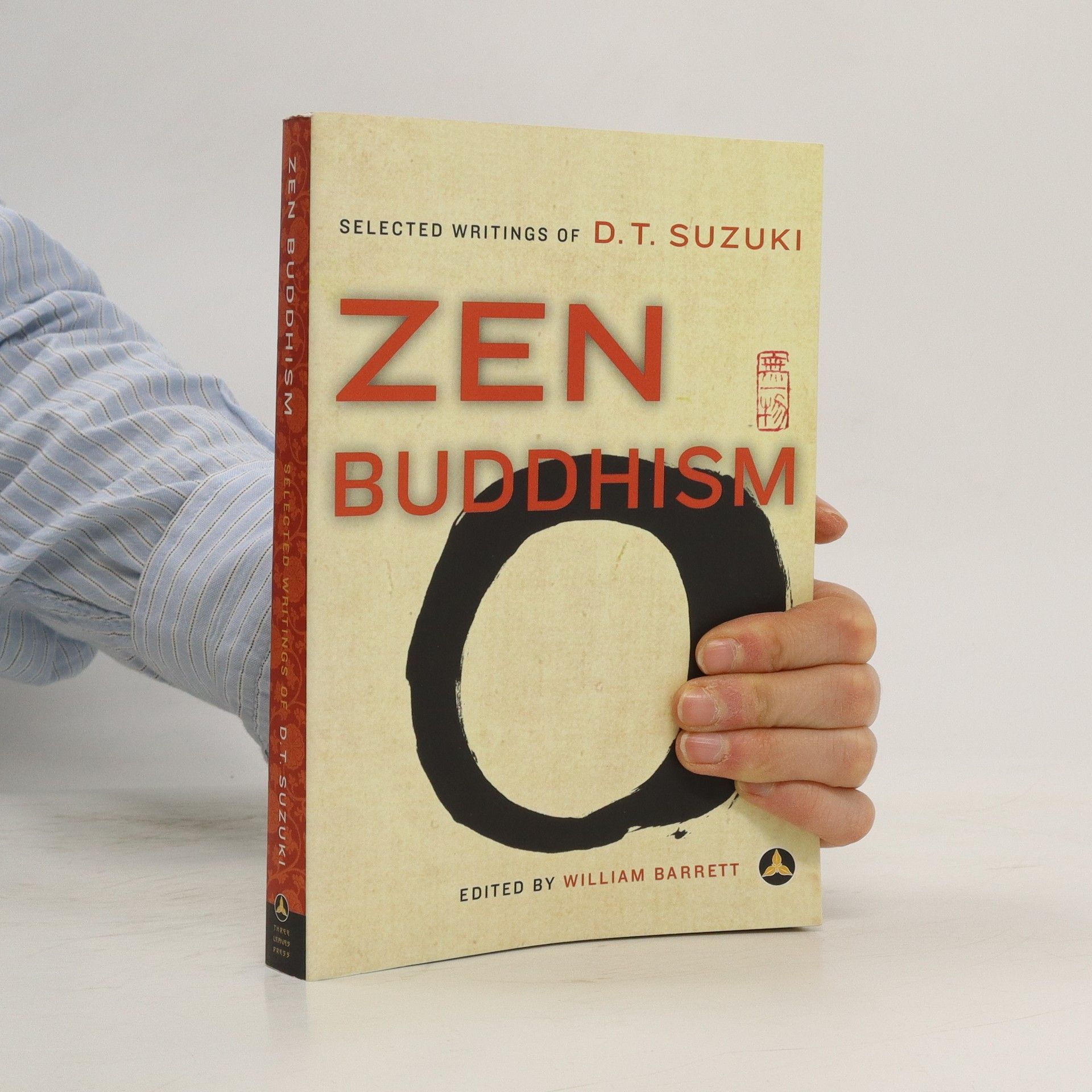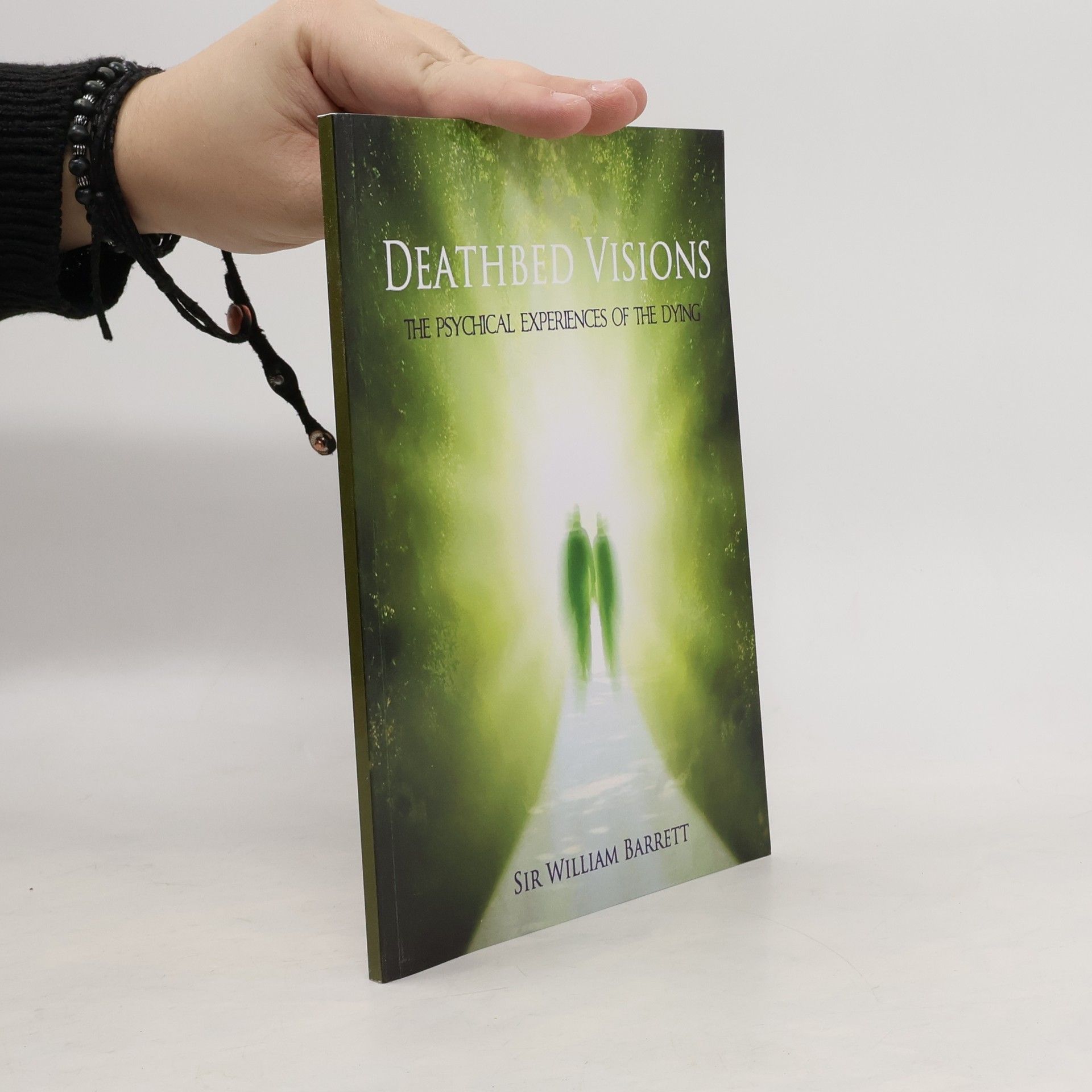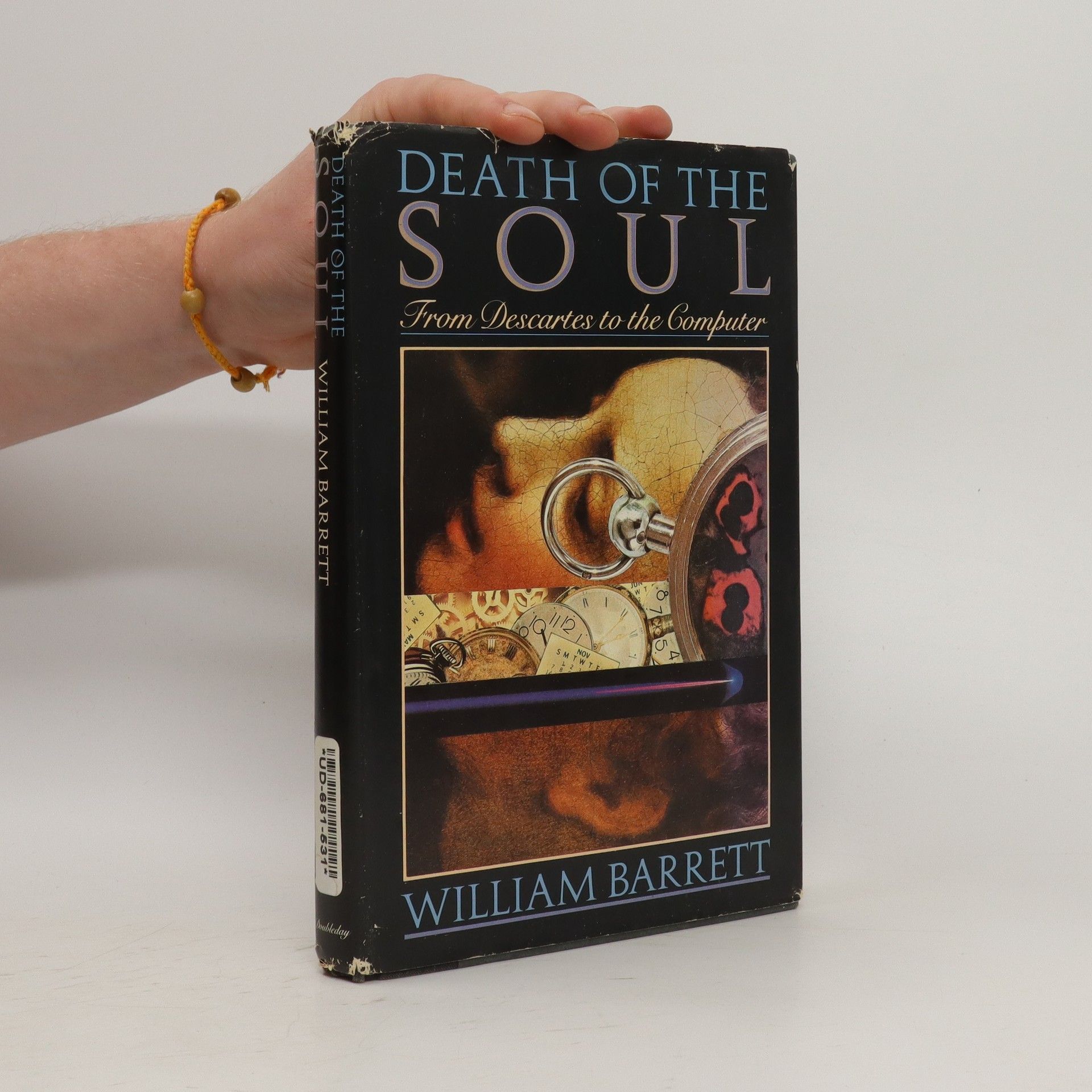Ever since Descartes saw nature as a vast, interlocking machine and science banished the soul, philosophers have been uncomfortable with this materialistic outlook. Barrett (Irrational Man here looks at the way in which various thinkers have attempted to put the human soul or self in the forefront of their visions of reality. He discusses Leibniz's energized universe of monads, or individual souls, Hegel's blueprint for self-realization as part of the unfolding of the "world spirit" and the existentialists' belief that anxiety and death are personal problems each of us must wrestle with. Unconvinced by modern descriptions of the mind as a computer, Barrett debunks Alan Turing's claim that a future computer could write first-rate poetry; he also refutes behaviorism and Wittgenstein. This short book engages the reader in an open-ended dialogue with major Western thinkers on the central questions of the soul, death and consciousness
William Barrett Bücher
William Barrett war ein Philosophieprofessor, der dafür bekannt war, komplexe philosophische Ideen einem breiten Publikum zugänglich zu machen. Seine Arbeit befasste sich mit der existenziellen Philosophie und der Natur der Technik und bot auf zugängliche Weise tiefe Einblicke. Er wurde für seine Fähigkeit gefeiert, abstrakte Konzepte in verständliche Prosa zu übersetzen, wodurch seine einflussreichen Schriften weiterhin bei den Lesern Anklang finden.





Focusing on psychical research, Sir William Fletcher Barrett dedicated over fifty years to exploring various psychic phenomena. His extensive observations and documentation contributed significantly to the understanding of the spiritual realm, providing evidence for the existence of consciousness beyond physical death. Through his work, Barrett aimed to illuminate the connections between the visible and invisible worlds.
Zen Buddhism
- 294 Seiten
- 11 Lesestunden
No other figure in history has played a bigger part in opening the West to Buddhism than the eminent Zen author, D.T. Suzuki, and in this reissue of his best work readers are given the very heart of Zen teaching. Zen Buddhism, which sold more than 125,000 as an Anchor paperback after its publication in 1956, includes a basic historical background as well as a thorough overview of the techniques for Zen practice. Concepts and terminology such as satori, zazen, and koans, as well as the various elements of this philosophy are all given clear explanations. But while Suzuki takes nothing for granted in the reader's understanding of the fundamentals, he does not give a merely rudimentary overview. Each of the essays included here, particularly those on the unconscious mind and the relation of Zen to Western philosophy, go far beyond other sources for their penetrating insights and timeless wisdom. What is most important about D.T. Suzuki's work, however--and what comes across so powerfully in these selections--is his unparalleled ability to communicate the experiential aspect of Zen. The intensity here with which Zen philosophy comes to life is without parallel in the canon of Buddhist literature. Suzuki stands apart from all teachers before or since because of his exceptional ability to eloquently capture in words the seemingly inexpressible essence of Zen.
Exploring the phenomenon of deathbed visions, this groundbreaking study delves into the experiences reported by the dying, such as encounters with deceased loved ones and ethereal music. Sir William Barrett, drawing from nearly five decades of psychical research, presents compelling accounts that suggest a connection to the spiritual realm and the possibility of life after death. His observations of unknowing recognition of deceased acquaintances add depth to these extraordinary experiences, inviting readers to reflect on the nature of existence and consciousness.